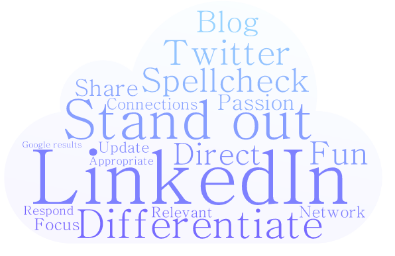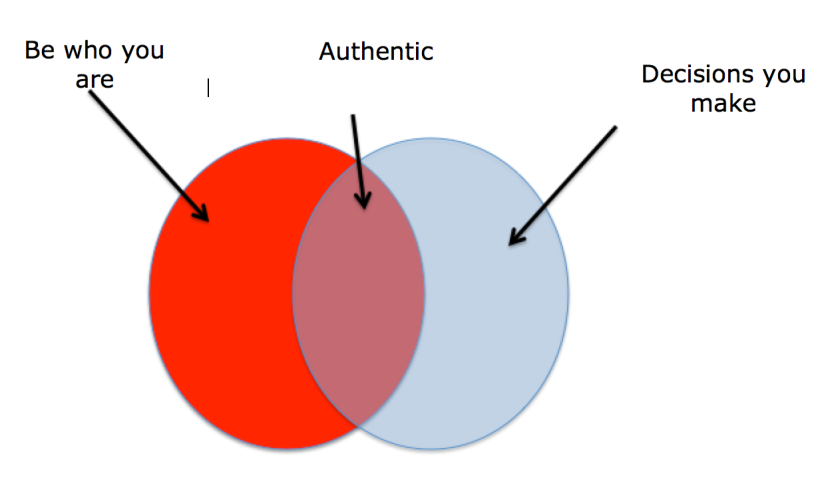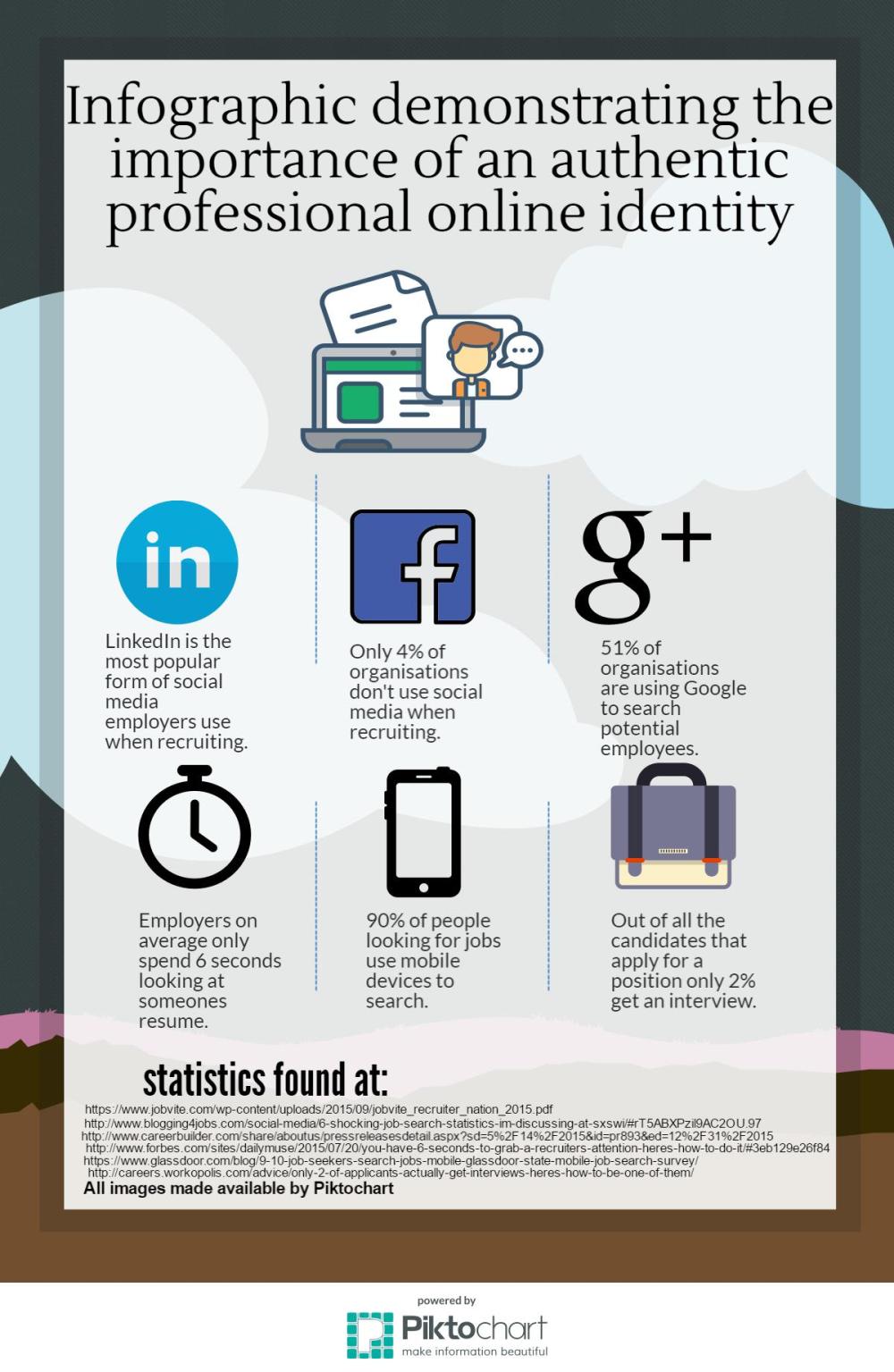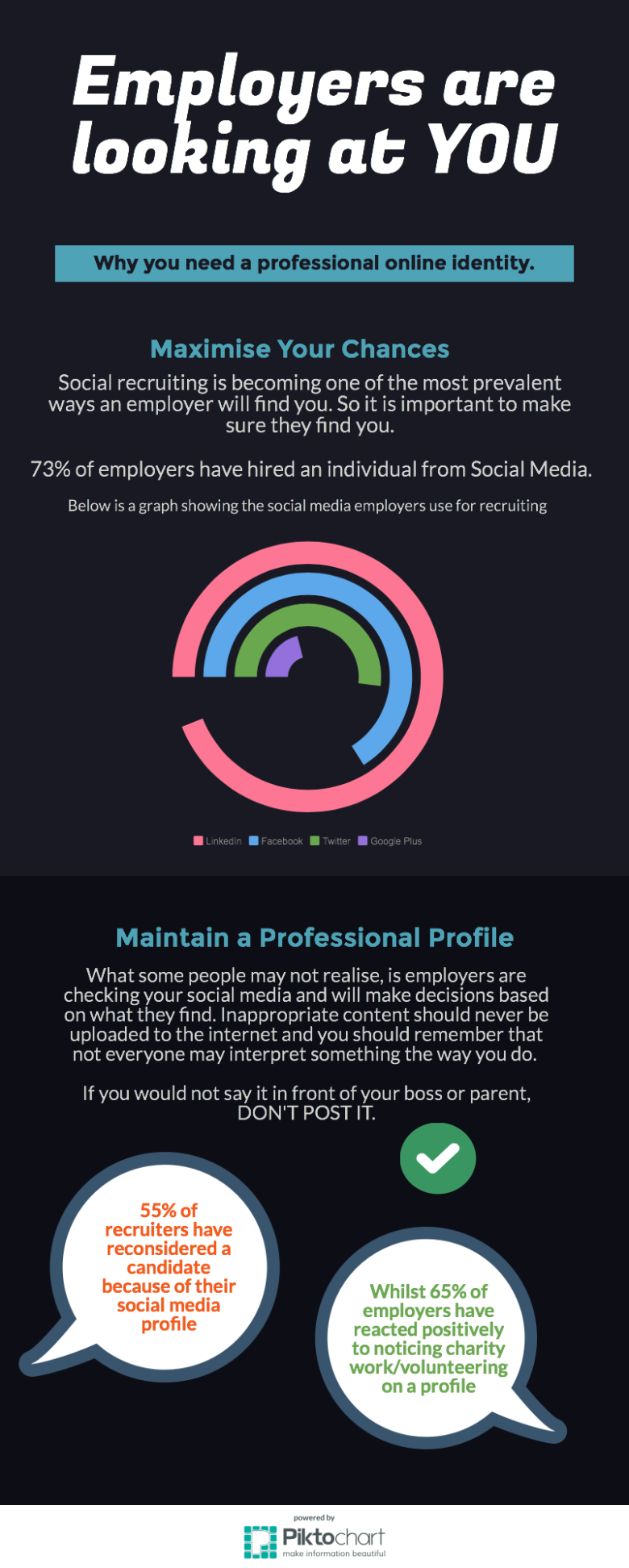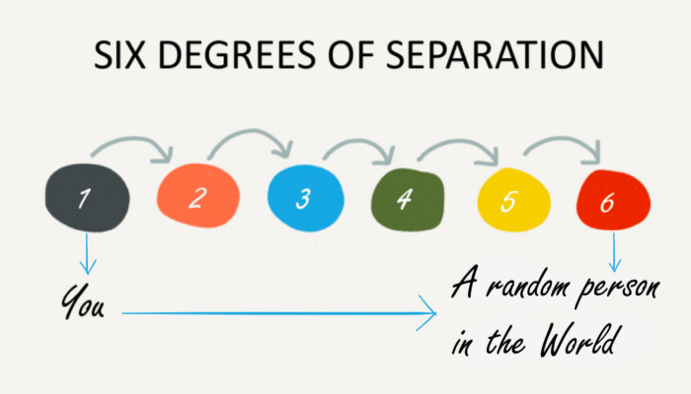
Building An Online Authentic Profesional Profile
Introduction
(LO, 2013)
Having an authentic online presence, means having a ‘genuine’ identity of yourself that represents you in a professional manor. An authentic online professional profile in today’s generation is highly important and if you haven’t got one, you are already one step behind (Wise, 2013).
The Importance?
CEO of Tapscott (2014) group has said that recruiting employees will move away from the traditional methods and move towards initiating and evolving relationships.
Continue reading →



